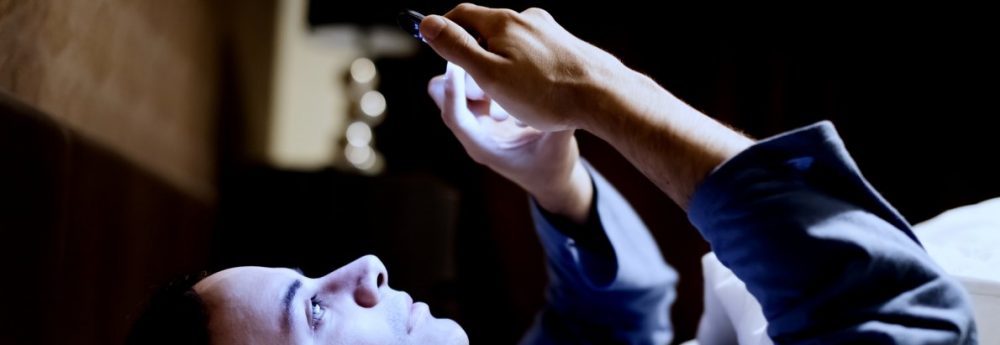Unless you’ve been hibernating for the past week, there’s almost no way you haven’t heard or read about the recent United Airlines disaster where a passenger was physically dragged off the aircraft. From a PR standpoint, the entire situation is an example of exactly what not to do; thanks to the Internet, the whole thing spiraled into a public relations nightmare within no time. Here’s what happened, and how it should have been handled.

What Happened?
On April 9, United Airlines flight #3411 was overbooked; four crew members needed seats on the plane, meaning four passengers needed to give up their seats. The airline was forced to pick passengers when no one volunteered. The situation quickly escalated. As a result, a man identified as David Dao was dragged down the aisle.
Passengers filmed the event with their cellphones, and the footage immediately went viral. People were outraged, protesting via social media and even cutting up their United credit cards. The company’s stock took a huge hit as well. United’s CEO posted an apology that many believed failed to acknowledge the real problem, which was the aggressive treatment of their passengers. Translate: one giant public relations nightmare that the company may not recover from.
How to Not End Up like United
When faced with a public relations nightmare such as this, a company can’t make it disappear. However, they can try to minimize the damage. Here’s how.
First of all, your response to conflict should be genuine. Consumers can tell when something is forced or fake. An inauthentic response is arguably worse than no response at all. Backlash will ensue, making things even worse.
Next, respond in a timely manner. The longer a brand takes to respond, the faster things can spiral out of control. You need to be the one to take control of the situation—not the media or the public. A brand needs to get the facts out there as soon as possible.
Finally, be open and honest. It’s okay to admit that you made a mistake; nobody is perfect. Admitting error and apologizing shows a brand’s human side. People will appreciate this and be more likely to forgive you. No one is above making a mistake every now and then.
To conclude, the United Airlines situation was bad (to say the least) to begin with. The company’s response debatably made it worse. When a public relations nightmare strikes, it’s important to know how to react. Be genuine, truthful, and swift in response to any disaster, large or small.
- How Social Media Affects Eating Habits - April 30, 2017
- Public Relations Nightmare: The Recent United Airlines Fiasco - April 23, 2017
- The Spread of Fake News Stories on Social Media, Specifically Facebook - April 9, 2017
